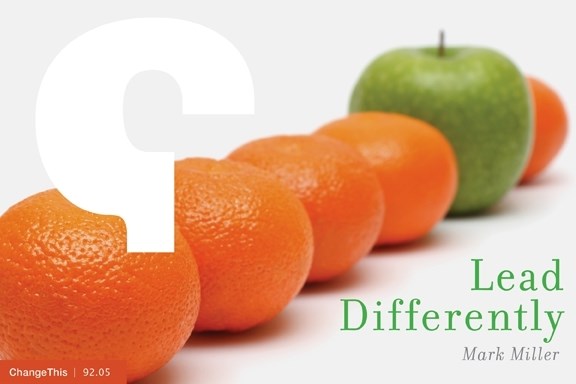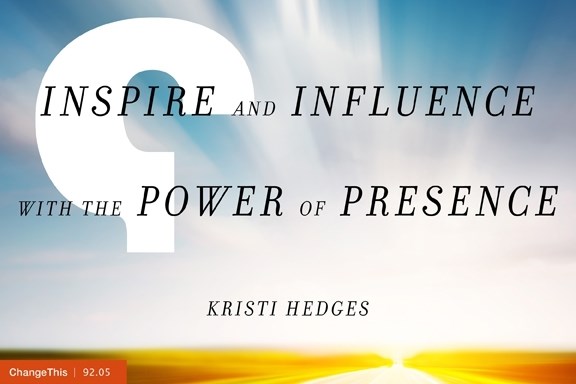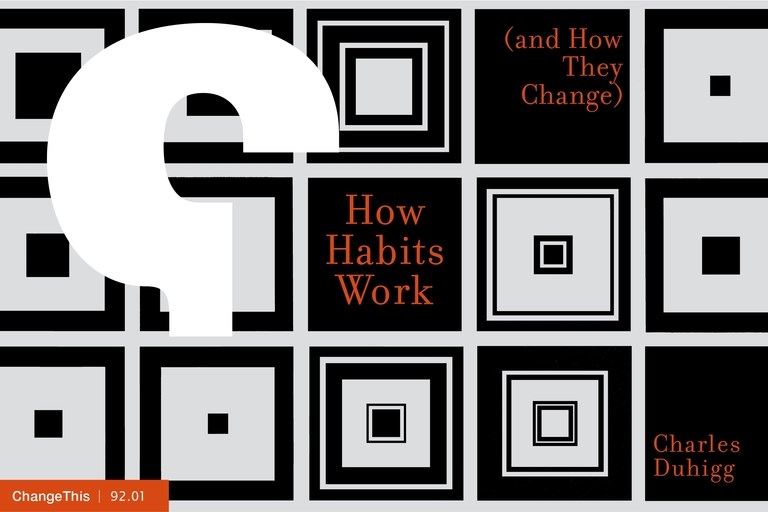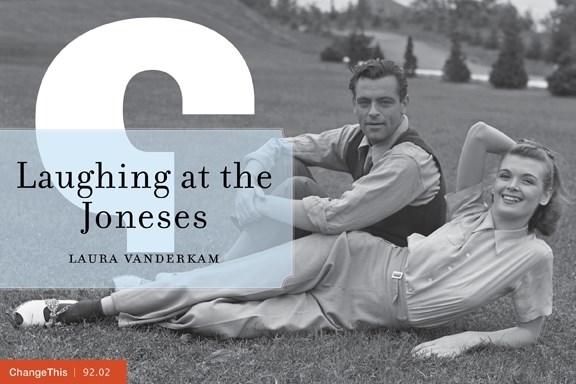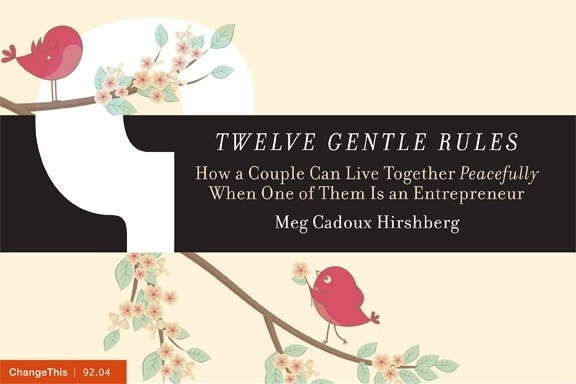ChangeThis RSS
"Leaders and leadership are often thought of in a poor light. Leadership is often viewed as a necessary evil. There is even a growing voice to the idea of leaderless organizations. I'm not sure where that is headed, but I do know I don't want to be a part of a leaderless organization.
My experience is that people want to be well led. We all seem to thrive when we are under great leadership. We know it when we see it because our talents are being leveraged, our purpose is clear, our contributions are appreciated, our ideas are welcomed and we're making progress organizationally and personally.
Unfortunately, this is not always the case. Most of us have had an experience or two—or more, in which we were NOT well led. We were doing time and watching the clock. We weren't giving extra effort because that was not what we were told to do and doing what we were told to do is ALL we were supposed to do!
Which of these scenarios matches your experience with leadership – necessary evil or liberating force?
People and organizations are much more likely to thrive if the leader subscribes to what Robert Greenleaf called Servant Leadership. It is not a new idea—Greenleaf didn't invent it nor did I. However, it is an idea whose time has come... It is time to Lead Differently!"
Continue reading
"Lying inside you, untapped, is an inspirational force.
Guided by passion and steered by your influence, you can build momentum for yourself, others or a greater cause.
Hearts are full, and ideas are many.
You might want to start a business. Land a 'change everything' job. Get respect. Break the glass ceiling. Shatter your own ceiling. Own the room. Motivate a team to greatness. Change your entire career. Leave a legacy. Or fight for an issue you lose sleep over.
You can do it, no question. But it takes more than heart. It requires the game changing power of leadership presence.
And most people have no idea how to get it. "
Continue reading
"Most of the choices we make each day may feel like the products of well-considered decision making, but they're not.
They're habits. [...]
Countless people, from Aristotle to Oprah, have tried to understand why habits exist. But only in the past two decades have neurologists, psychologists, sociologists, and marketers really begun understanding how habits work—and more important, how they change."
Continue reading
"The last few years have certainly shown the downside of thinking that more house is always better, even if you have to stretch to afford it. Regardless, it's silly to talk about personal finance without talking about where you live and what you drive. In the context of achieving happiness, there is also some intriguing research suggesting that big, infrequent purchases (such as houses and cars) don't do much for overall happiness, whereas spending a lower percentage of your income on these items might free up cash for categories that will give you a more pleasant life. There are also plenty of people who have discovered this truth and, rather than trying to keep up with the Joneses or submitting to their tyranny, are getting a good laugh at them."
Continue reading
"Clearly, when it comes to business-building, some degree of obsession is required—or soon the business won't be around to obsess about. The problem arises when entrepreneurs try to simultaneously enjoy a thriving family life while they are growing a successful company. Business-building introduces the obvious pressures that arise when free time is scarce, but the financial risk and uncertainty also become sources of tension. Combined with the classic entrepreneurial personality—the tendency to need to be the boss, to make the decisions, and to go it solo—the entrepreneurial life can be difficult for spouses to endure. At the very least, this cocktail can introduce resentment and friction into the relationship."
Continue reading

